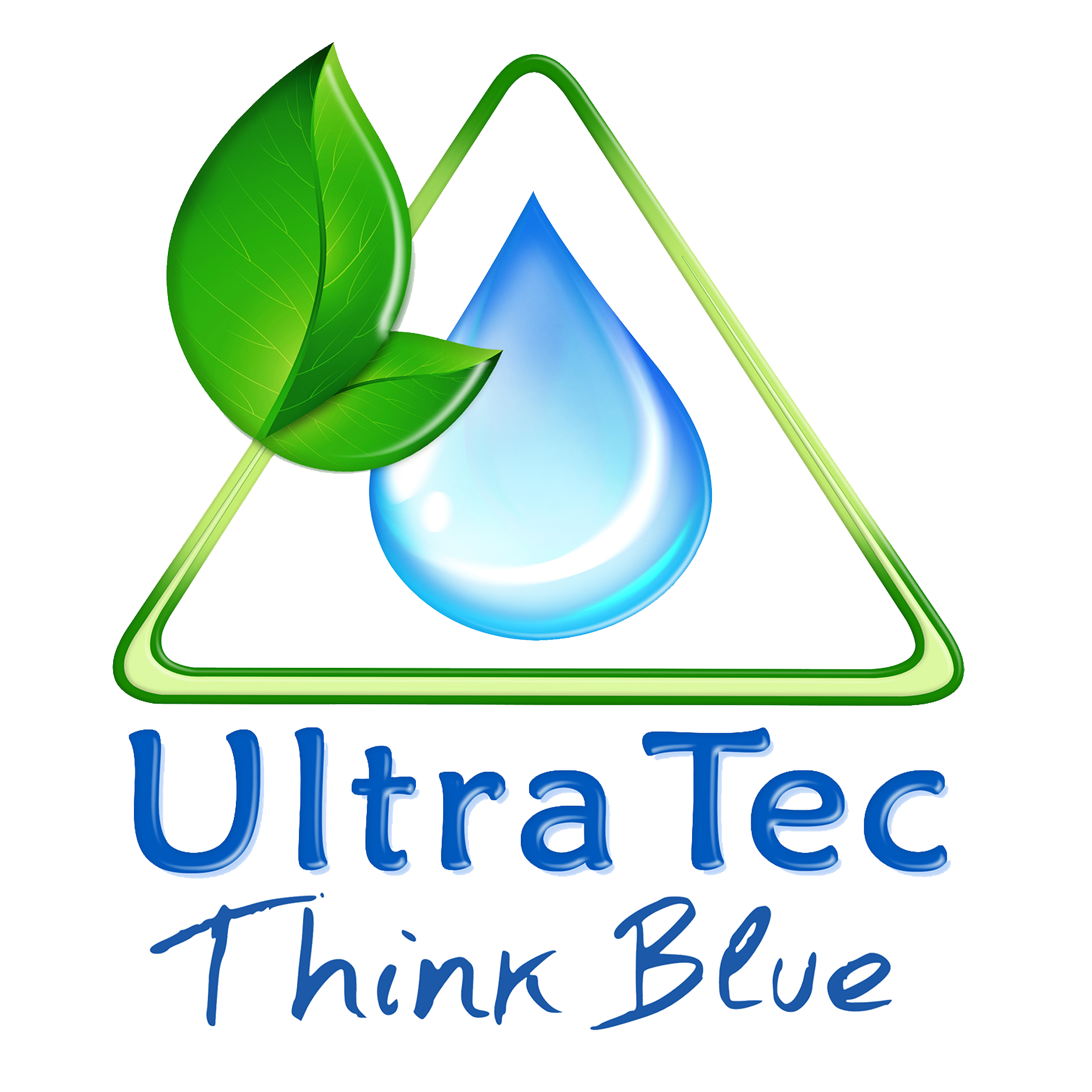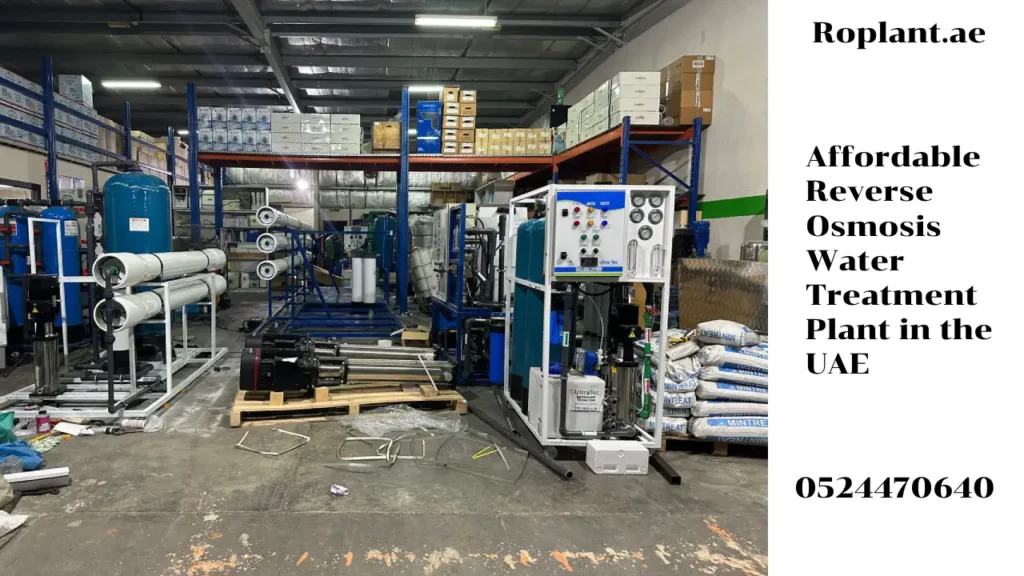Reverse osmosis is a water purification technology that uses a semipermeable membrane to remove ions, molecules, and larger particles from drinking water. It effectively eliminates contaminants such as salts, bacteria, and chemicals, producing high-quality potable water. The process involves forcing water through the membrane, leaving impurities behind and allowing only clean water to pass through.
The Importance of Affordability
While reverse osmosis is highly effective, the cost of setting up and maintaining an RO plant can be significant. Traditional systems often require substantial energy, advanced technology, and regular maintenance, making them expensive for widespread use. However, recent advancements have focused on reducing these costs, making RO plants more affordable and accessible.
Benefits of Affordable RO Water Treatment Plants
- Enhanced Water Quality: Affordable RO plants ensure that communities have access to high-quality drinking water, free from harmful contaminants. This is crucial for health and well-being, reducing the risk of waterborne diseases.
- Sustainability: Modern RO plants are designed to be energy-efficient and environmentally friendly. By utilizing renewable energy sources like solar power, these plants can operate sustainably, minimizing their carbon footprint.
- Economic Growth: Access to clean water supports economic activities, from agriculture to industry. Affordable RO plants enable small businesses and farmers to thrive, contributing to the overall economic growth of the region.
- Scalability: Affordable RO plants can be scaled to meet the needs of different communities, from small rural villages to large urban centers. This flexibility ensures that water treatment solutions can be tailored to specific requirements.
Implementation in the UAE
The UAE government has been proactive in addressing water scarcity through innovative solutions. The implementation of affordable RO water treatment plants is a key component of this strategy. By partnering with private companies and investing in research and development, the UAE is making significant strides in ensuring water security.
Challenges and Solutions
While the benefits are clear, implementing affordable RO water treatment plants comes with challenges. These include:
Initial Investment: Despite reduced costs, the initial setup can still be substantial. Government subsidies and public-private partnerships are crucial in overcoming this barrier.
Maintenance: Ensuring the longevity and efficiency of RO plants requires regular maintenance. Training local technicians and creating robust maintenance schedules are essential.
Conclusion
The development of affordable reverse osmosis water treatment plants is a game-changer for the UAE. By providing a sustainable and cost-effective solution to water scarcity, these plants are ensuring that clean water is accessible to all. As technology continues to advance and costs decrease, the potential for widespread adoption grows, promising a future where water security is no longer a concern for the UAE. This not only enhances the quality of life for residents but also supports the country’s economic and environmental goals.

